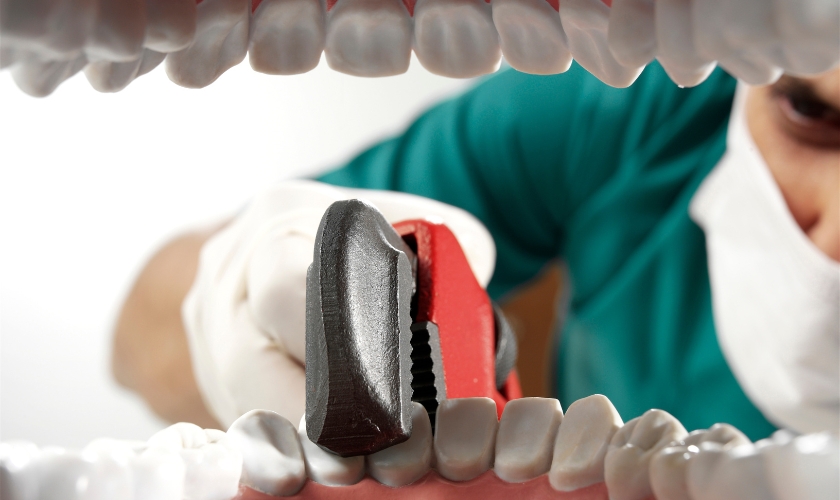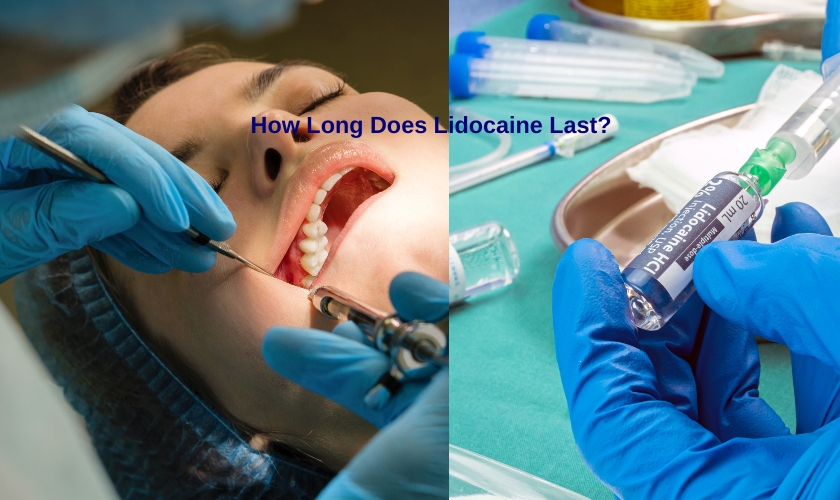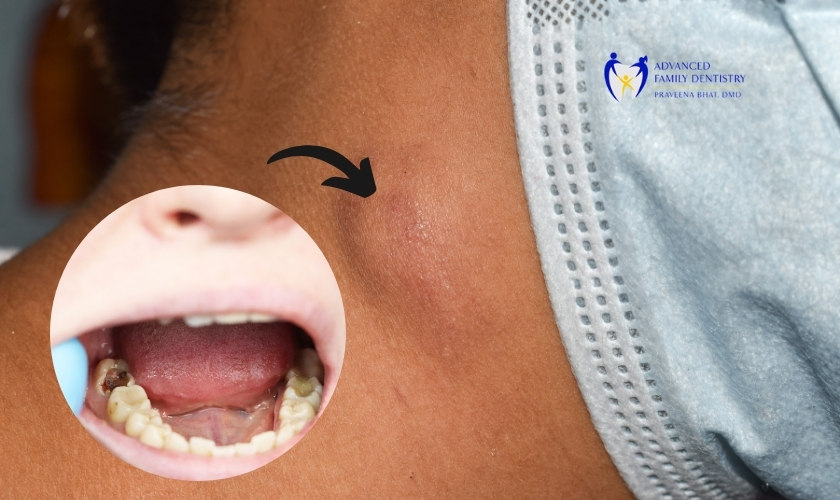Top Family, Cosmetic and Implant Center In 537 Amherst St, Nashua, NH 03063
Can A Dentist Pull 6 Teeth At Once?

Many people may be concerned when they hear about the possibility of having six teeth pulled at once. The idea of undergoing such a significant dental procedure can be daunting. We hope to allay these worries in this blog post by outlining the safety precautions, outlining the extraction process, and illuminating the recovery procedure. Our goal is to help you make informed decisions about the health of your teeth.
Is It Safe To Have 6 Teeth Pulled At Once?
When considering if it is safe to have six teeth pulled at once, there are several important factors to consider:
Overall Health Assessment: Your dentist will evaluate your overall health and medical history to determine if you are a suitable candidate for multiple tooth extractions. They will consider any underlying health conditions that may increase the risk of complications.
Dental Evaluation: The dental specialist assesses the condition of the teeth for extraction feasibility, identifying decay, infection, or structural damage. Severe periodontal disease or extensive decay may require individual attention.
Complexity of Extractions: The complexity of the extractions is another critical factor in determining safety. If the teeth are deeply impacted or have complex root structures, your dentist may recommend multiple visits or refer you to an oral surgeon for specialized care.
Complication Management: Dental specialists carefully assess their ability to manage potential complications during the extraction procedure. They are trained to minimize risks such as excessive bleeding, infections, nerve damage, or damage to surrounding teeth or tissues.
Patient Comfort: Your dentist will also consider your comfort level during the procedure. They may use local anesthesia or general anesthesia, depending on the extent of the extractions and your personal preferences.
Open Communication: Maintain open communication with your dental specialist about any concerns, medical conditions, or medications to ensure they have all the necessary information for an informed decision about extractions.
It is essential to consult with a trusted dental professional who can thoroughly evaluate your case and provide personalized advice based on your unique circumstances.
What To Expect During A Multi-Tooth Extraction:
During a multi-tooth extraction, the dentist will numb the area to ensure you feel minimal discomfort during the procedure. Depending on the complexity of the extractions, they may use local anesthesia or general anesthesia to keep you comfortable throughout the process. The dental specialist will carefully remove each tooth, taking care to minimize tissue damage. Potential risks and complications during the procedure include bleeding, infection, and damage to surrounding teeth or tissues. However, these risks are relatively rare and can be mitigated with proper technique and postoperative care.6.
Recovery Process After Multiple Tooth Extractions:
After undergoing multiple tooth extractions, it’s important to follow a carefully structured recovery process. Here are the key steps and considerations:
Post-Operative Instructions: Your dentist will provide you with detailed post-operative instructions to promote healing and prevent complications. Follow these directions exactly for the best results.
Pain Management: It is common to experience some discomfort following the extractions. Your dentist may prescribe pain relief medication or recommend over-the-counter options to manage any pain or swelling. Take these medications as directed.
Swelling and Ice Packs: Swelling is a normal response after the procedure. Applying ice packs to the affected area for short periods of time can help reduce swelling and alleviate discomfort during the initial 24-48 hours.
Oral Hygiene: Proper oral hygiene is crucial for preventing infections and ensuring the healing process progresses smoothly. Follow your dental specialist’s instructions on how to clean your mouth and avoid disturbing the extraction sites.
Diet Restrictions:
- Stick to a soft food diet for the first few days to ensure minimal strain on the extraction sites.
- Avoid hot, spicy, acidic, or crunchy foods that could irritate the area.
- Gradually reintroduce solid foods as per your dentist’s guidance.
Rest and Activity: Allow yourself ample rest to aid the healing process. Avoid strenuous activities, exercise, and heavy lifting for a few days or until your dentist gives you the green light.
Follow-Up Appointments: Attend all planned dental follow-up appointments. They will keep an eye on your healing process, remove any sutures as needed, and handle any concerns or difficulties that may occur.
Healing Timeline: The healing process can vary from person to person, but typically, initial healing takes about a week. However, complete healing may take several weeks or longer, depending on the complexity of the extractions and your overall health.
Potential Complications: While rare, it’s important to be aware of potential complications, such as infection, excessive bleeding, dry socket, or delayed healing. Contact your dental specialist if you experience severe pain, prolonged bleeding, or any other concerning symptoms.
Remember, proper aftercare and following your dentist’s instructions are vital for a smooth recovery. If you have any questions or concerns during the recovery process, don’t hesitate to reach out to your dental professional for guidance and support.
Alternatives To Having 6 Teeth Pulled At Once:
While there are situations where extracting multiple teeth simultaneously is necessary, it’s important to explore alternative treatment options whenever possible. Your dentist may suggest alternatives such as root canal therapy, dental crowns, orthodontic treatment, or partial dentures as ways to preserve natural teeth and restore oral function. Considerations for preserving natural teeth can include:
- Maintaining good oral hygiene practices.
- Regular dental check-ups.
- Addressing dental issues early on will prevent the need for extensive extractions.
While a dentist can pull six teeth at once, the decision ultimately depends on individual circumstances and safety considerations. Dental specialists prioritize patient health and take the necessary precautions to minimize risks during the procedure. Understanding the procedure recovery process and considering alternative treatment options are essential to making an informed decision about your dental health. Always consult with your dentist to discuss your specific case and address any concerns you may have.




